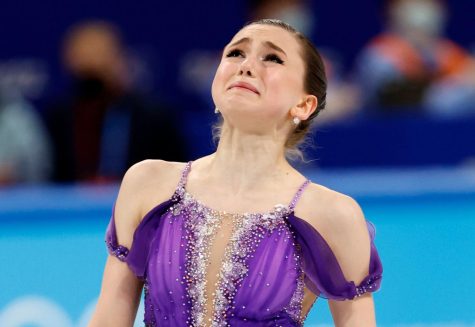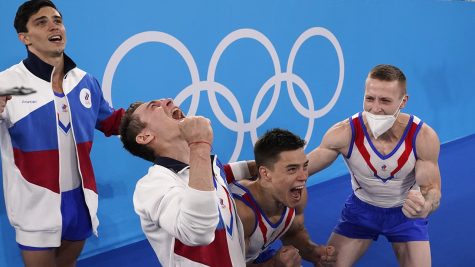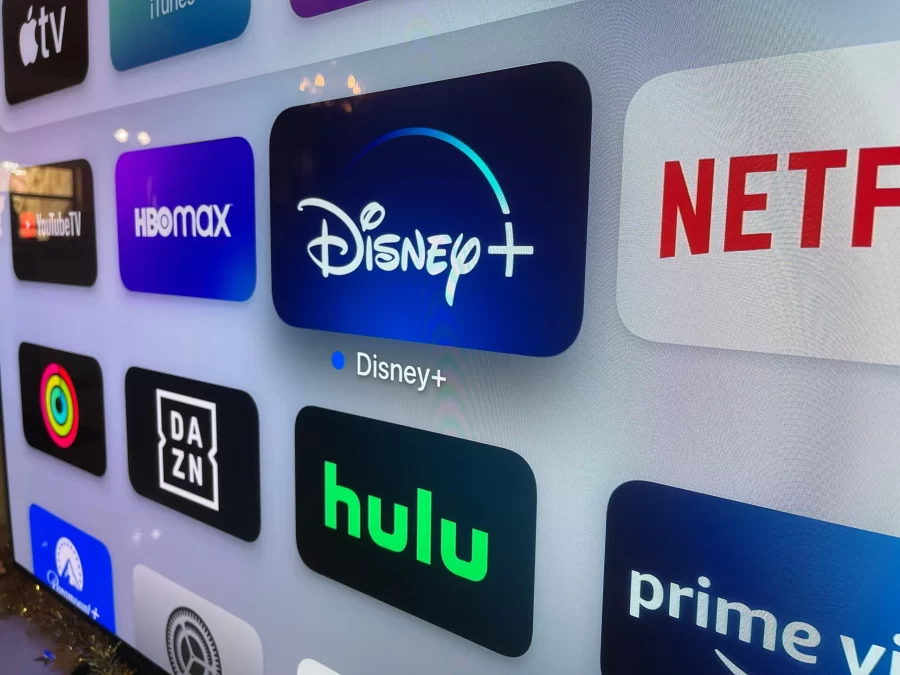The Misconduct That Goes On Within The Russian Olympic Committee
A Spotlight On Doping In The Olympics
June 14, 2022
The Olympics is all about the athletes, athletes who work their hardest for the moment to compete in front of the world. It is something that every athlete has been hoping for since they were little—the most critical performance of their life. A significant rule in the Olympics is that no performance-enhancing substances of any kind can be used. The Olympic Committee drug tests each athlete to ensure that everyone plays fair. In 1967 the IOC banned all forms of steroids in the Olympics. The ban was to prevent any form of misconduct throughout the games.
As Kate Hartman, a United States Olympics & Paralympic Committee spokesperson, put it, “For us, this is less about medals and more about protecting the sanctity of fair and clean sport and holding those accountable that do not uphold the Olympic values.” While it may be a simple rule not to use drugs, young athletes find it harder to follow this. There have been multiple doping scandals across the years that have broken headlines, and viewers become heartbroken that their favorite athlete has used a form of steroids.
In the most recent Winter Olympic Games, Kamila Valieva was permitted to compete even after failing a doping test in December 2021. Although she could compete and could have easily placed on the podium, it was decided that she would not receive any medals until her case was resolved. While this particular case is rather sad (as it is rumored Valieva did not know that she took the drugs), this is not the first doping case that Russia has participated in.

In 2016 Dr. Grigory Rodchenkov blew the whistle on Russia’s state-run doping program, revealing the darkness behind a program he had participated in. This revelation led to the total ban of Russia from the 2018 Winter Olympics and intensified the debate over corruption in sports. Russia was banned from any Olympic event until 2022, causing Russian athletes to wonder what their fate would be. Luckily this led to the creation of the ROC, a workaround for Russian athletes who have proven they were not connected to the doping scandal to be still able to compete. While this may seem like a perfect solution, there are multiple flaws to this plan that have created controversy.
While I fully support the idea of the ROC, allowing athletes to still get a shot at the podium is great; the ROC is not as reliable as they are trying to convince you. The ROC says that all of the athletes that compete test negative. We see with Kamila that this is not entirely true. Athletes can easily fail a drug test when they are assured they will pass. This may be a minor issue to some, but the bigger picture of this effect is much larger.
By Kamila Valieva failing her drug tests, it showed the world that Russia did not and still has not taken its ban seriously and understood its reasoning. We do not know how Russia was able to pass the drug tests when they were using drugs, so how is the Olympic committee meant to trust the ROC? This is not just about Russia’ messing up. This is about the next time a country does this. Because Russia has gotten away with cheating and is still able to send their athletes to the Olympics, this sets a precedent that it is all right for countries to use performance-enhancing drugs because what will happen? If a country gets a worse punishment, they can say they are getting unfair treatment and use the ROC as a perfect example.

Another issue the Russian doping scandal caused was the media’s involvement. Valeiva’s situation has created heavy controversy within the Olympic Committee and the public. As previously mentioned, it’s rumored that Valeiva was unaware of the drugs in her system. Even if Valevia was aware of the drug usage, she is not the one to blame. Her coaches and the ROC are. David Howman, ex-head of WADA (World Anti-Doping Agency), wanted to push this outward to the public. “If the sample was taken… Before the Games, why didn’t (Russian anti-doping agency) RUSADA push the Swedish lab to get the results?” However, the media does not find that side of the story as interesting when they can write her story off as a ‘power hungry teenanger rightfully busted.’
“By not banning Russia for four years, there was no need or desire for cultural change by Russian authorities… By allowing Russia a free pass these organizations have severely let down every single athlete in Russia because it’s business as usual.” this is what Rob Koehler, the ex-deputy of WADA (World Anti Doping Agency), had to say about the situation, and he could not be more correct.
The Olympic Committee and many others fail to realize that there could be other unknown cases like Valeiva that have gone under the radar. The Russian Olympic Committee does not play fair, and while it might just be a sports event to some, it is their livelihood and passion for those athletes. Furthermore, for young athletes who find themselves in a similar situation to Valeiva, it is criminal.







